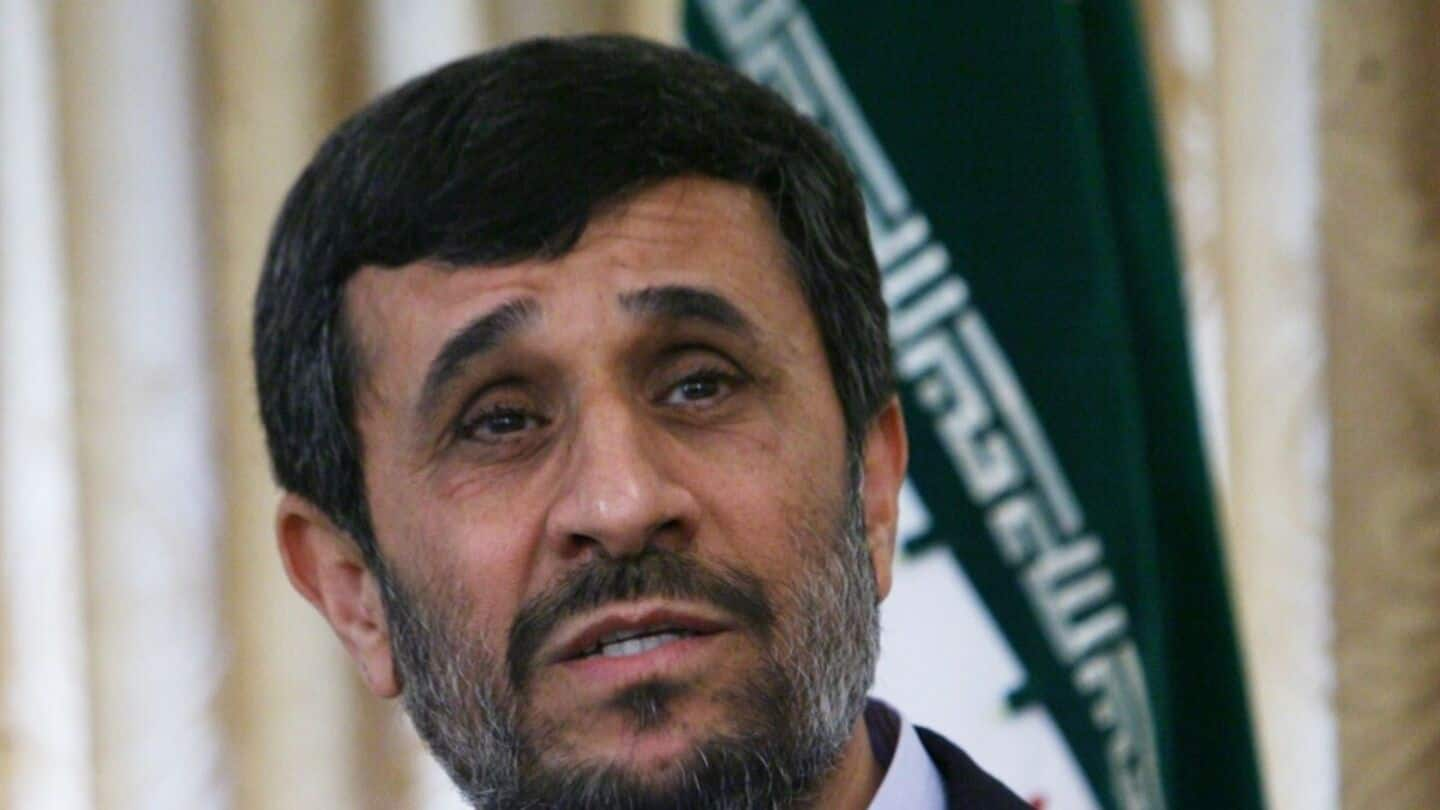
Iran warns neighbors of consequences if they aid US attacks
What's the story
Iran has refused US President Donald Trump's demand for direct negotiations, but is open to continuing indirect talks through Oman. An unnamed senior Iranian official told Reuters.
"Indirect talks offer a chance to evaluate Washington's seriousness about a political solution with Iran," the official said.
Despite potential obstacles, the talks could start soon if the US messaging is in this direction.
Neighbor warning
Iran cautions neighbors against supporting US military operations
Iran has issued a warning to its neighboring countries, including Iraq, Kuwait, the UAE, Qatar, Turkey, and Bahrain.
The warning says that any support for a United States attack on Iran will be considered an act of hostility.
The official further added that such an act "will have severe consequences for them."
This comes amid rising tensions after Trump's threats of military action against Iran.
Regional impact
US threats escalate regional tensions
US President Donald Trump's threats of military action against Iran have increased tensions in an already strained region, which is reeling from conflicts in Gaza, Lebanon, Yemen, and Syria.
Gulf states are especially worried about a potential wider regional conflict.
Spokespeople from Iraq, Kuwait, UAE, Qatar, and Bahrain have so far not commented on the developments.
Turkey's Foreign Ministry said it was unaware of any warning, but such messages could come through other channels.
Russian support
Iran seeks support from Russia amid US threats
Iran has been reaching out for more support from Russia, but is distrustful of Moscow's commitment to its ally.
This uncertainty hinges on the relationship dynamics between Trump and Russian President Vladimir Putin.
On March 7, Trump said he would rather have a deal over Iran's nuclear program than a military confrontation and had suggested talks with Khamenei.
Nuclear talks
Iran's nuclear program and potential indirect talks
The first round of indirect talks might see Omani mediators facilitating discussions between the Iranian and US delegations.
Khamenei has authorized Foreign Minister Abbas Araqchi or his deputy, Majid Takht-e Ravanchi, to attend any talks in Muscat.
Iran has two months to reach an agreement before Israel could launch its own attack, and all international sanctions on Iran could be reinstated to prevent it from acquiring a nuclear weapon.
Nuclear denial
Iran denies desire for nuclear weapons development
Iran has always denied having any plans to develop a nuclear weapon.
But it is rapidly increasing uranium enrichment to almost 60% purity, near the some-90% weapons-grade level.
Western countries say there is no reason for such high levels of enrichment under any civilian program, and that no other nation has done so without making nuclear bombs.